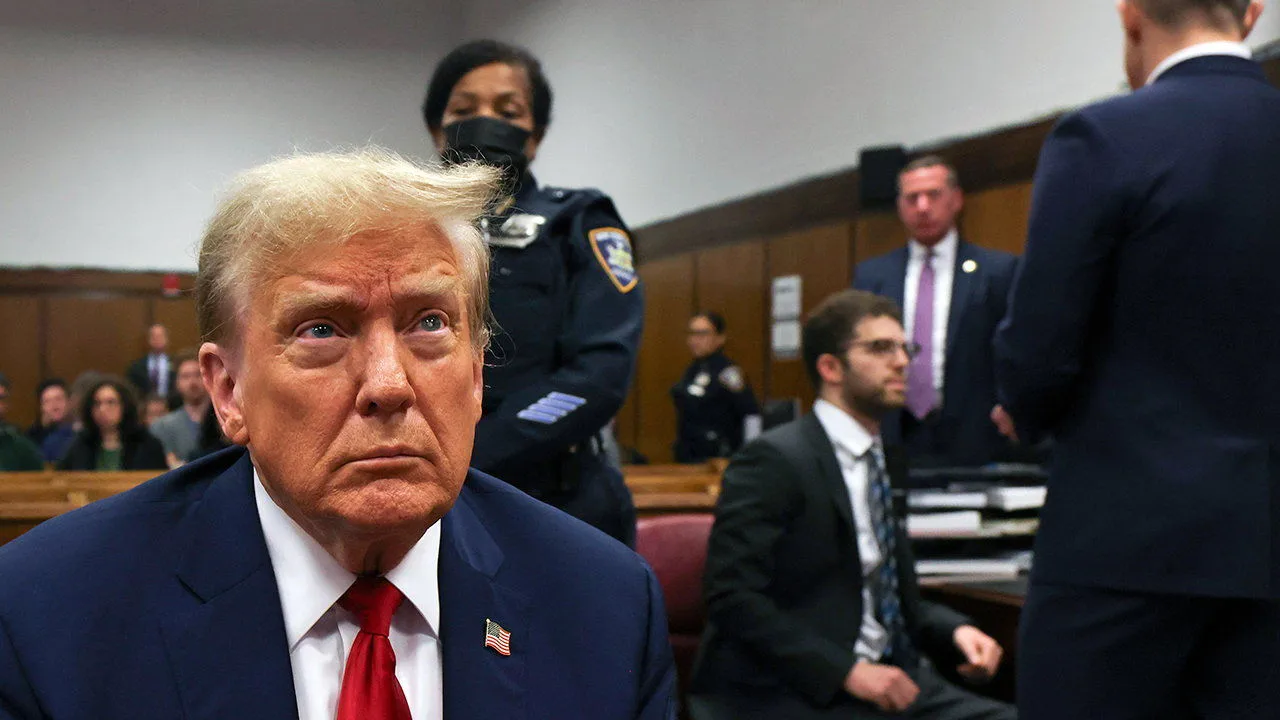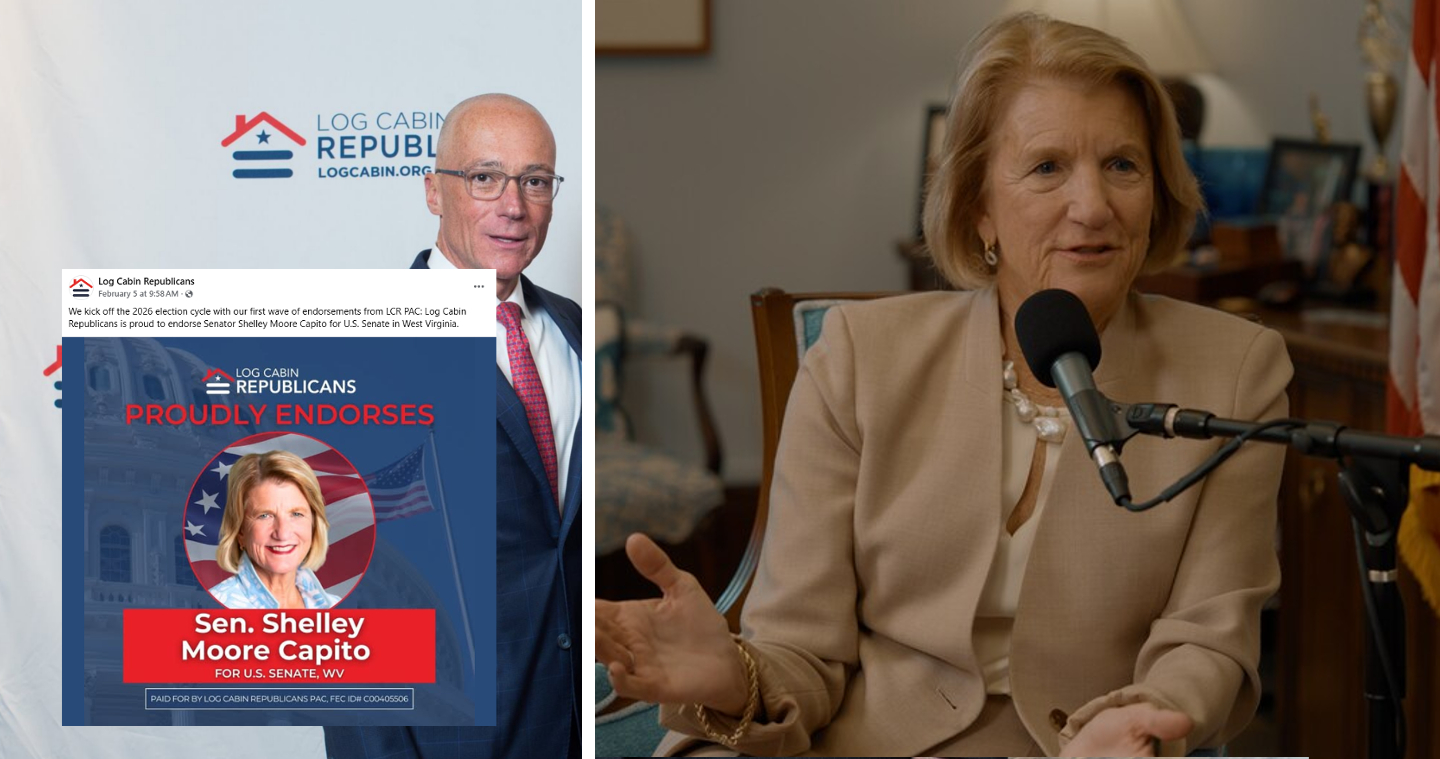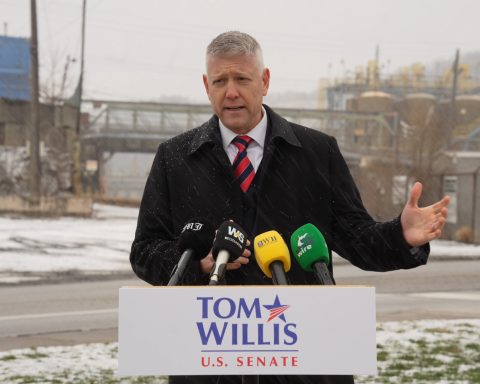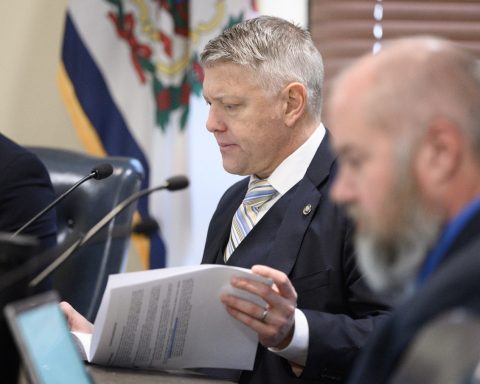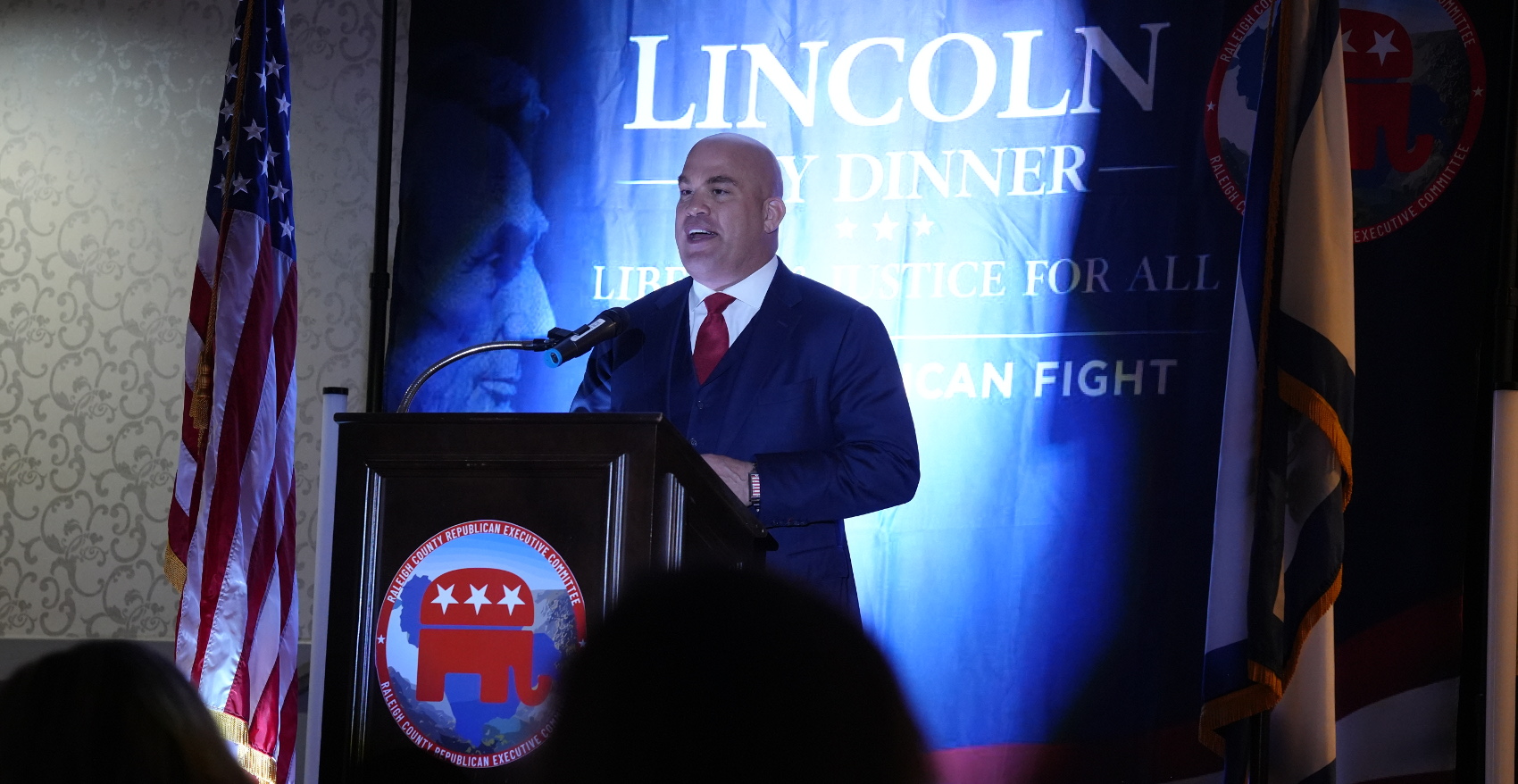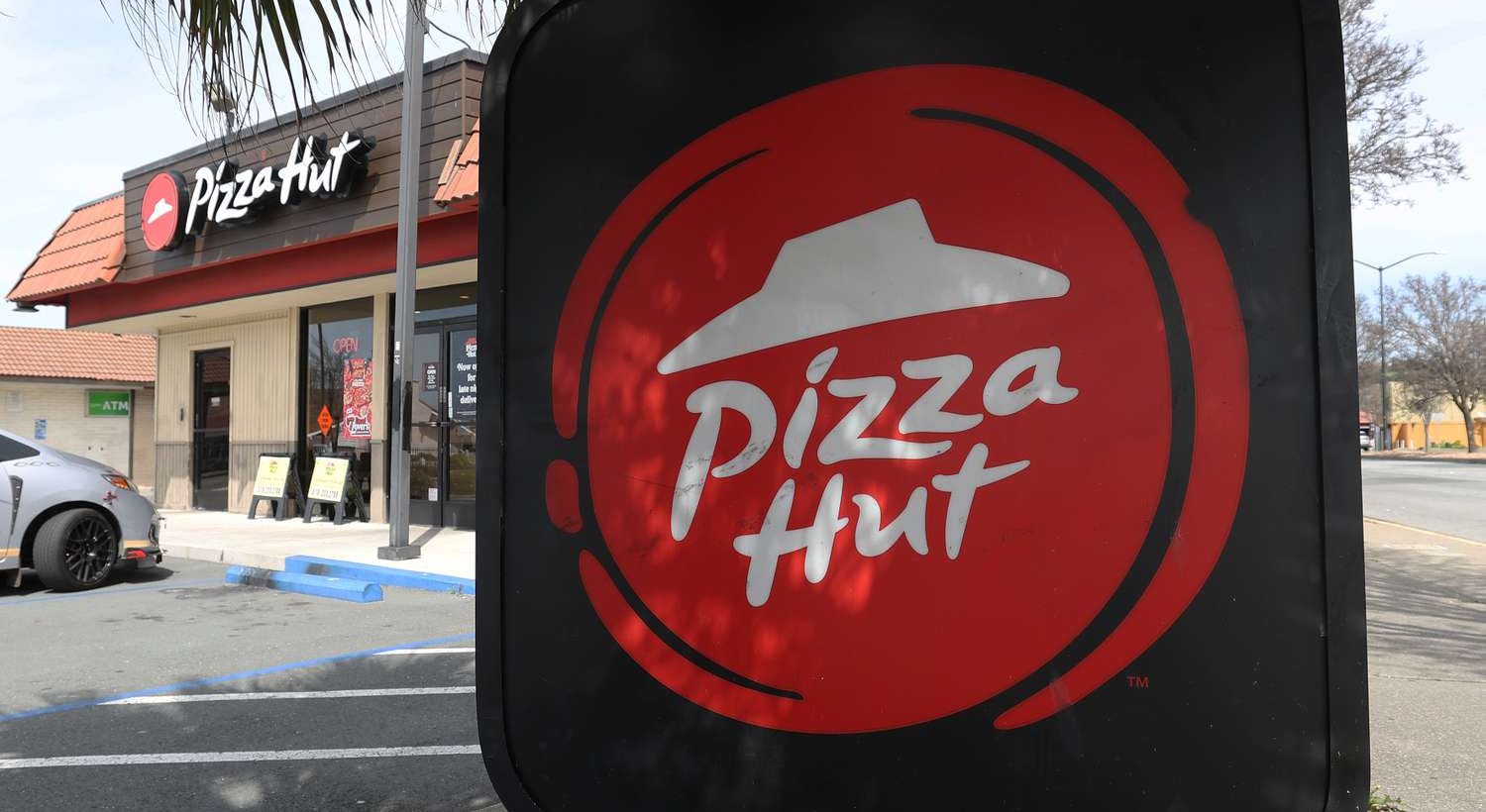WASHINGTON — In a significant legal blow to Donald Trump, the U.S. Supreme Court on Thursday declined to grant his request to delay his sentencing in the New York City hush money case, which is set to proceed on Friday morning. The decision ensures that Trump’s conviction will be finalized just days before he is sworn in for a second presidential term.
The high court denied Trump’s bid for an emergency stay, effectively allowing the sentencing to go forward. The case involves Trump’s conviction for falsifying business records in connection with a payment to porn star Stormy Daniels in 2016, intended to suppress her allegations of an affair with Trump.
Trump’s legal team had asked the Supreme Court to intervene, arguing that the sentencing should be paused as they challenge rulings by Justice Juan Merchan of the New York State Supreme Court. The ruling will now stand, and Trump’s conviction is set to be officially recorded, making him a convicted felon just days before taking office for the second time.
The legal battle escalated when Merchan scheduled the sentencing for Friday at 9:30 a.m., despite Trump’s legal team attempting to block the move. While the judge has indicated that Trump may avoid jail time, fines, or probation, the proceedings will nonetheless solidify his felony conviction.
Trump’s attorneys sought a delay on multiple grounds, including a claim for presidential immunity. They argued that because Trump is about to assume office again, he should be shielded from the criminal proceedings. However, prosecutors, including those from Manhattan District Attorney Alvin Bragg’s office, rejected this argument, asserting that Trump’s claims of immunity were unfounded.
Prosecutors contended that no court had ever supported the idea that a future president could avoid criminal prosecution, especially for offenses committed before assuming office. “There is only one President at a time,” they stated in their filing to the Supreme Court.
Trump was convicted in May on 34 felony charges related to falsifying business records in order to cover up the payment to Daniels, which violated New York’s election laws. The case stands as the only one of several criminal charges against Trump that has reached a jury trial. Unlike federal charges, state convictions cannot be pardoned by the president, ensuring that Trump will not have the ability to dismiss the consequences of this case once he returns to the White House.
The upcoming sentencing will mark the final legal step in this case before Trump’s second term begins, adding a historic dimension to his already contentious political and legal battles.

